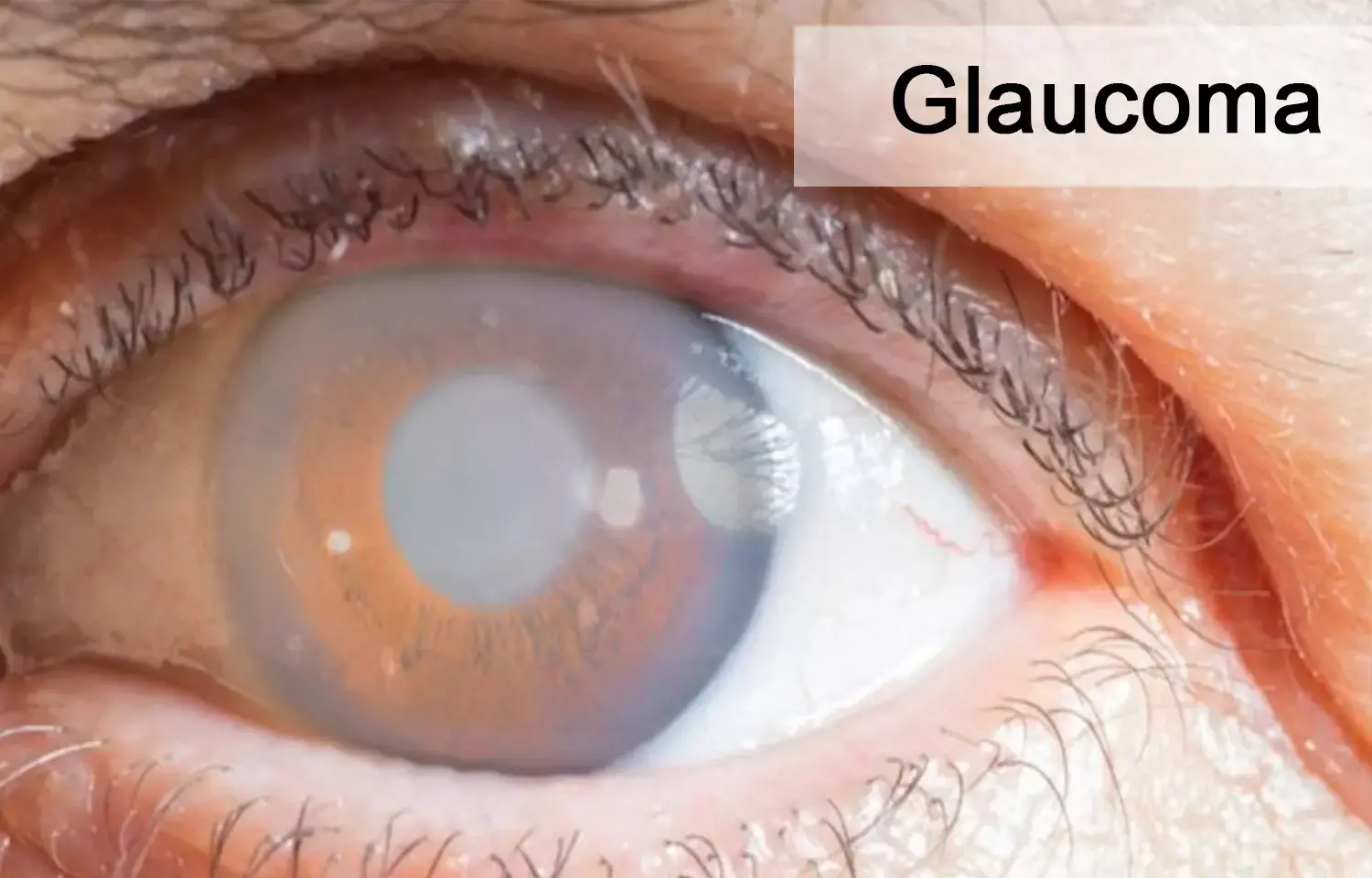- Home
- Medical news & Guidelines
- Anesthesiology
- Cardiology and CTVS
- Critical Care
- Dentistry
- Dermatology
- Diabetes and Endocrinology
- ENT
- Gastroenterology
- Medicine
- Nephrology
- Neurology
- Obstretics-Gynaecology
- Oncology
- Ophthalmology
- Orthopaedics
- Pediatrics-Neonatology
- Psychiatry
- Pulmonology
- Radiology
- Surgery
- Urology
- Laboratory Medicine
- Diet
- Nursing
- Paramedical
- Physiotherapy
- Health news
- Fact Check
- Bone Health Fact Check
- Brain Health Fact Check
- Cancer Related Fact Check
- Child Care Fact Check
- Dental and oral health fact check
- Diabetes and metabolic health fact check
- Diet and Nutrition Fact Check
- Eye and ENT Care Fact Check
- Fitness fact check
- Gut health fact check
- Heart health fact check
- Kidney health fact check
- Medical education fact check
- Men's health fact check
- Respiratory fact check
- Skin and hair care fact check
- Vaccine and Immunization fact check
- Women's health fact check
- AYUSH
- State News
- Andaman and Nicobar Islands
- Andhra Pradesh
- Arunachal Pradesh
- Assam
- Bihar
- Chandigarh
- Chattisgarh
- Dadra and Nagar Haveli
- Daman and Diu
- Delhi
- Goa
- Gujarat
- Haryana
- Himachal Pradesh
- Jammu & Kashmir
- Jharkhand
- Karnataka
- Kerala
- Ladakh
- Lakshadweep
- Madhya Pradesh
- Maharashtra
- Manipur
- Meghalaya
- Mizoram
- Nagaland
- Odisha
- Puducherry
- Punjab
- Rajasthan
- Sikkim
- Tamil Nadu
- Telangana
- Tripura
- Uttar Pradesh
- Uttrakhand
- West Bengal
- Medical Education
- Industry
Low macular pigment levels novel risk factor for glaucoma among older women

Rockville, Md. - New research out of the University of Wisconsin-Madison, identified an inverse reaction between macular pigment levels and open-angle glaucoma in a 15-year follow-up cohort of older women participating in National Eye Institute (NEI) R01-funded Carotenoids in Age-Related Eye Disease Study 2 (CAREDS2) (2016 - 2019). The research is being presented at 2021 Annual Meeting of the Association for Research in Vision and Ophthalmology (ARVO), which is being hosted virtually.
Glaucoma clinician-scientist Yao Liu, MD, MS and the CAREDS2 research team's study was the first to identify an inverse association between Macular pigment optical density (MPOD) and manifest primary open-angle glaucoma (POAG) in a longitudinal cohort of 630 older women.
MPOD was measured at both CAREDS baseline (2001 - 2004) and CAREDS2 (2016 -2019) using customized heterochromatic flicker photometry. The manifest POAG status at CAREDS2 was the adjudicated by two glaucoma specialists masked to MPOD in 1258 eyes (630 participants) based on abstracted medical records, intraocular pressure, visual fields, stereo disc photos, and peripapillary retinal nerve fiber layer optical coherence tomography. Associations between MPOD and manifest POAG were investigated utilizing age-adjusted logistic regression models in the full sample and also a subgroup analysis of the 'worst' eye in each participant based on severity of glaucomatous visual field loss. Additional sensitivity analyses among the subset of eyes with stable MPOD showed similar findings over 15 years.
Liu notes that further studies are warranted to confirm whether low macular pigment levels may be a novel modifiable glaucoma risk factor and support the development of low-cost, dietary interventions for glaucoma prevention, such as dietary intake of carotenoids, including lutein and zeaxanthin.
"As a glaucoma clinician-scientist, I have seen far too many patients lose their vision despite, and as a result of, aggressive treatments to lower intraocular pressure," says Liu. "There is an urgent need to identify new, modifiable risk factors other than intraocular pressure to prevent vision loss from glaucoma. Our [CAREDS2] research team is fully dedicated to improving vision outcomes for age-related eye disease, including glaucoma, the leading cause of irreversible blindness worldwide, and to the large-scale translation of vision research to benefit our communities."
Abstract title: Low macular pigment levels are associated with manifest primary open-angle glaucoma in the carotenoids in age-related eye disease study
Hina Zahid Joined Medical Dialogue in 2017 with a passion to work as a Reporter. She coordinates with various national and international journals and association and covers all the stories related to Medical guidelines, Medical Journals, rare medical surgeries as well as all the updates in the medical field. Email: editorial@medicaldialogues.in. Contact no. 011-43720751
Dr Kamal Kant Kohli-MBBS, DTCD- a chest specialist with more than 30 years of practice and a flair for writing clinical articles, Dr Kamal Kant Kohli joined Medical Dialogues as a Chief Editor of Medical News. Besides writing articles, as an editor, he proofreads and verifies all the medical content published on Medical Dialogues including those coming from journals, studies,medical conferences,guidelines etc. Email: drkohli@medicaldialogues.in. Contact no. 011-43720751


